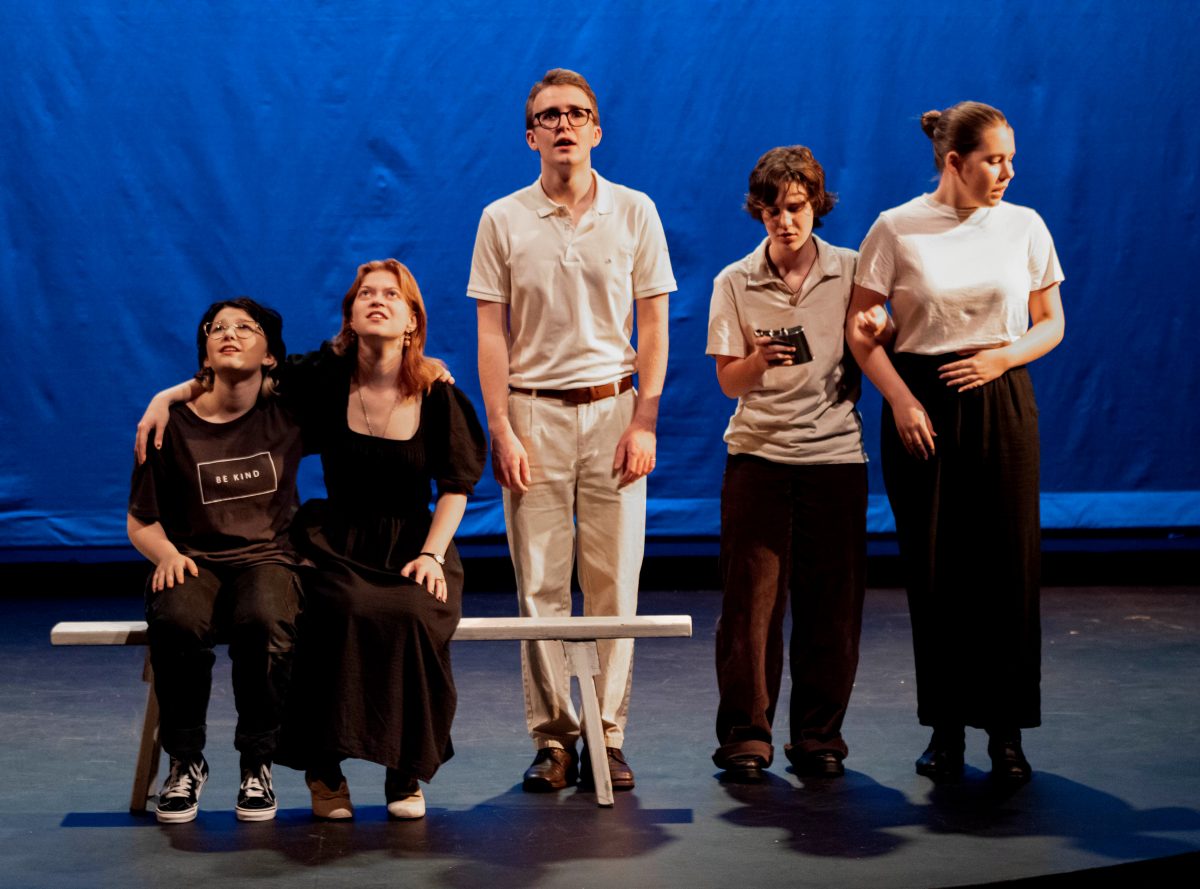Clare Hardiman In the past few months, we have witnessed fatal shootings, natural disasters, nuclear threats, and most recently, the possible/likely beginning of an upward trend in unemployment. As a result of the fury surrounding said events, American citizens are as outspoken as ever, specifically President Trump, who consistently uses twitter as a vocal outlet. However, for many Americans, the President’s recent, critically subjectified tweets about Puerto Rico were the last straw. Although the President’s tweets have been a prominent topic of debate, there are certainly more important topics to discuss, such as what can be done to help the desperate displaced victims of Hurricane Maria in Puerto Rico. When Hurricane Harvey hit Texas, people around the country scrambled to help, donating millions of dollars to relief agencies or food and water to shelters. When Hurricane Irma hit Florida, Americans did the same. The news of both Harvey and Irma were everywhere on the news: CNN, NBC, Bloomberg, the New York Times, Fox News, and CBS. However, in advance of Hurricane Maria’s landfall in Puerto Rico, it didn’t receive the same amount of upfront live coverage; when the situation developed into a humanitarian crisis, it became the story of the day for several days until it was recently surpassed by the tragedy that took place in Las Vegas. Today, people live and thrive off of technology. By reading articles, watching videos, and listening to the news, people educate themselves on what is going on around the world. If news producers aren’t featuring Puerto Rico on their channels, if journalists and analysts are not writing articles about the horrific state and displacement of victims, then everyday Americans cannot know to advocate for action via social media or other outlets. Why are Puerto Rico’s struggles downplayed compared to more local disasters such as Irma and Harvey? As Puerto Rico, a U.S. territory, is considered a part of the United States, its inhabitants are U.S. citizens. According to an article written in The New York times on September 26, “a new poll of 2,200 adults by Morning Consult found that…only 37 percent of [Americans] ages 18 to 29 know people born in Puerto Rico are citizens, compared with 64 percent of [Americans] 65 and older.” Perhaps social media is disconnecting the new generation from the rest of the world’s events. Or perhaps students are only being educated on past American history, not present. Nevertheless, the lack of overall media attention in Puerto Rico brings into perspective a bigger question: should we, as American citizens, be more educated on current events? What about North Korea? The Catalonian independence movement? Russia’s interference with the 2016 election via Facebook? There is always something going on around in the world today, but there never seems to be enough time or a space to talk about it. At Latin, we teach Middle East, World Religions, Global Art and Culture, and many more great classes. Although I am not an expert on the curriculum of every history class, there is no class solely dedicated to studying current events (though some classes may include aspects of current events pertinent to a specific area of study). Understanding the foundation of our country is still crucial and beneficial, but it is equally, if not more so, beneficial for us to converse about relevant events. Decisions made on both a small and large scale are dictated by current happenings because the world is always changing. For example, worldwide, national, and local events today not only shape the United States’ future as a powerful nation but affect the way people act towards and respect others. If we dwell in the past, there is no way to move forward. Because there is no current events class offered, it is on us as students of the Latin School to help educate each other on what is happening around the world. Perhaps there are teachers even willing to start an ISP about current events, or another student who would love to have an hour long conversation with you about their opinions on the North Korean nuclear crisis. Although Latin is a community in which all opinions are welcomed and respected, there are not dedicated places to talk about these opinions available to the student body. Next time something interesting or important happens in the U.S. or around the world, find a student or a teacher to talk to, because engaging with each other and sharing perspectives is the way to make ourselves more educated, worldly citizens and better people. ]]>




































